Written by Lorrie Reynolds
Categories
As I was wrapping up an in-person agility seminar several years ago, one of the students walked up to me and told me something that was completely shocking. Later, two other people told me the exact same thing. It was a humbling experience.
I’ve always been a “volunteerer” at agility trials. I started out bar setting since I didn’t know much, and eventually learned all of the jobs. (Anyone needs NADAC scoring done – I’m on it!).
Pretty soon, with instructing and seminars, I’d learned enough to be the chief course builder. I did that job for many years for all of the NADAC trials in the area. Of course, I did other stuff even when I was chief course builder. My favorite job is gate steward for the Novice dogs.
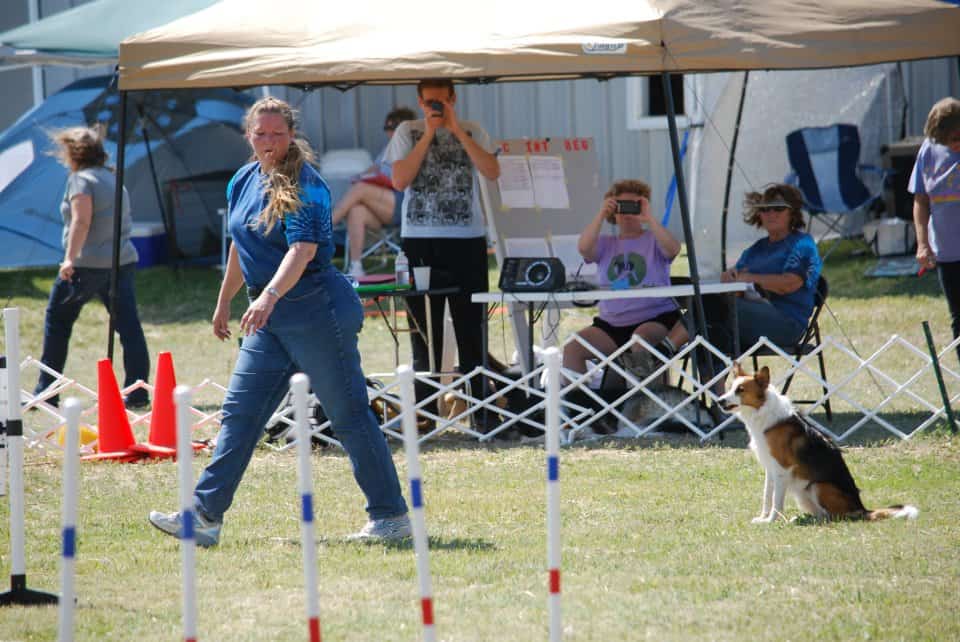
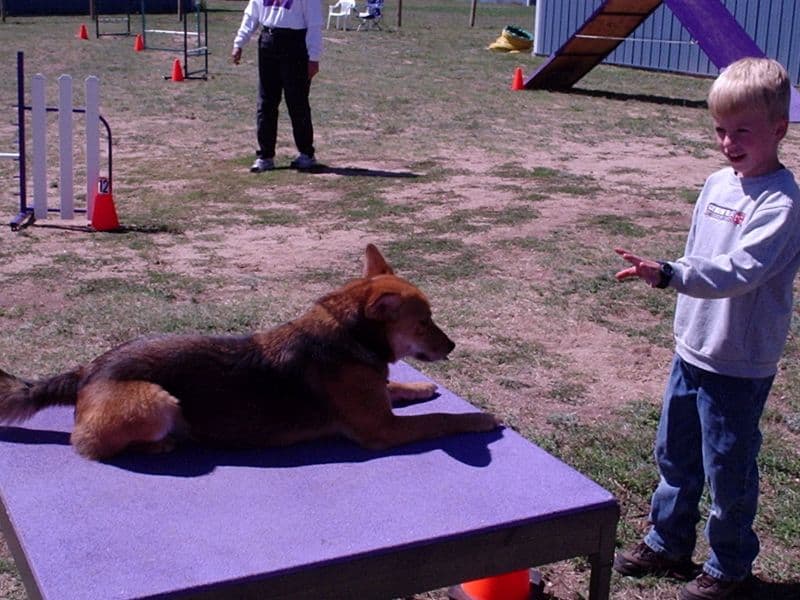
I know – you’re going to say it’s like herding cats if you are an experienced competitor, but hear me out. Your face is the last one they see before they go into the ring. As they are waiting to go in, nervously lining up with their peers, you have the ability to either jack those nerves up higher by being demanding, rushing them, and acting frustrated, OR you can boost their confidence by patiently keeping them organized, giving them a friendly smile, and passing along a calm word of encouragement as they enter the ring.
Even if you’re not volunteering, YOU, my experienced friend, have a greater impact than you are aware of. An impatient or disparaging comment can absolutely devastate a new competitor and make them decide to never trial again in that venue, or at all.
On the other hand, you’ll likely never know how much your friendly remark or kind encouragement can mean to a new person. Which brings me back to my story.
An Agility Trial Comment That Changed A Path
She said, “I would have quit agility if it wasn’t for you. But you said something kind to me when I came out of the ring after a horrible run, and it encouraged me to keep going.”
I’ll be honest, I don’t even remember saying it. It was just a passing comment of encouragement. The impact on her was HUGE though (and she went on to earn multiple Championship titles in several venues). A casual remark from someone at a higher competition level changed everything for her.
Whether you realize it or not, the “newbies” look up to you. They will emulate you in their treatment of their dogs and peers. As experienced competitors, we have a responsibility to our sport, whether that is agility or trick training or flyball or disc dog or…
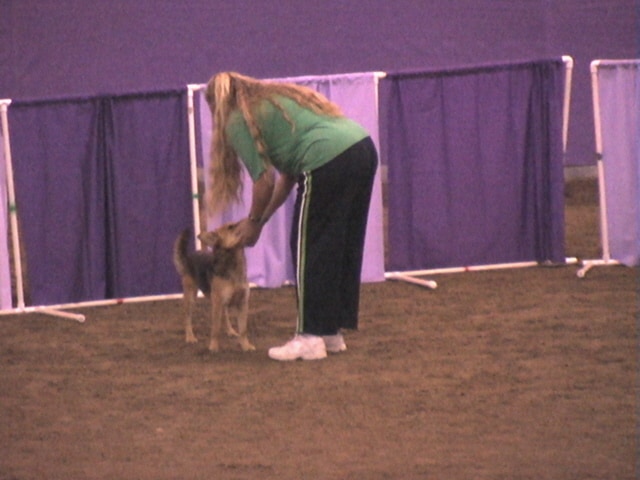
Here’s what you can do:
Be Helpful to New Competitors
If you see someone who looks completely lost, ask if you can help. Not everyone has the benefit of an instructor who prepares them for trialing. They may not even know how to check in.
Be Kind to Everyone
Sometimes we feel a lot of stress (self-induced, usually) at trials. Don’t let that stress cause you to be frustrated or impatient with other people. If they are new, they’re probably way more nervous about their runs than you are.
Be Encouraging to Newbies
Not everyone who enters a trial is ready, but there is always something good you can say – even if it is just that their dog is adorable. I do NOT recommend walking up to someone who has had a less than perfect run and offering unsolicited advice, but if someone is bemoaning how poorly they did, find something to say that will encourage them. Or don’t say anything at all.
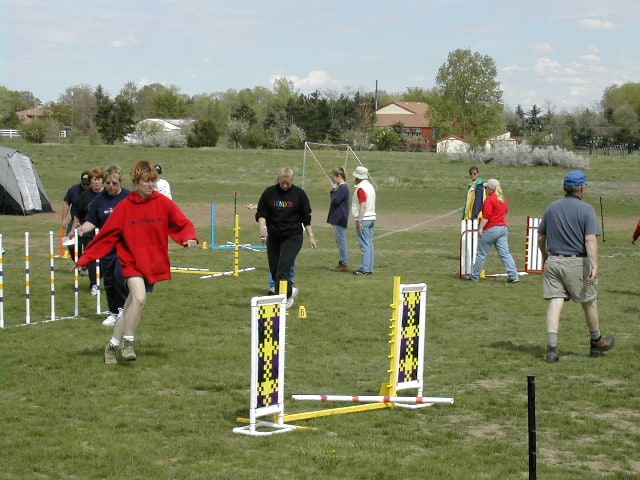
Be Nice – You Never Know Who Is Listening
One of my students was absolutely crushed when she heard people talking on the video of her run. The people standing by the camera were making less-than-nice comments as she was running, not knowing the camera was recording. Don’t say mean things about people, or if you absolutely must be unkind, say them in private where they can’t be overheard.
Volunteer
I know a lot of experienced people feel that they have “put their time in” and the newer people should handle things, but events don’t happen without volunteers. Even if it is just for one or two classes, do your part. Don’t watch the same group of people do the set up, take down, and everything in between without pitching in.
Teach the Jobs
Want to volunteer less? Teach the new people how to do the jobs! Then treat them respectfully. Most people are more than willing to volunteer when they feel like they know what they are doing. Offer to teach new competitors how to perform the jobs, and stay with them until they get the hang of it. Take it in stride if they mess up – everyone makes mistakes when learning a new skill.
Making Your IMPACT
Experienced competitors should be the role models for their sport. Treat your dog, fellow competitors, the judge, and everyone else with respect. Help when you can. Be nice to the “newbies”. YOU have an impact, so make sure it is a positive one.
You Might Also Like…
Five Ways to Crush It at Your Next Dog Agility Seminar
Going to a dog agility training seminar? Check out these five tips to maximize your return on investment!
Read This Before Deciding on Your Agility Dog’s Contact Performance
Which contact performance, running or stopped, is right for your team? The answer might surprise you.
Is Your Agility Dog a Pinto or a Ferrari?
If you’ve moved up from a slow or moderately-fast agility dog to a speed racer, here’s some advice to make your life easier.
Get tips, stories, discounts, and early notification of events and new courses delivered straight to your inbox! Join the community!
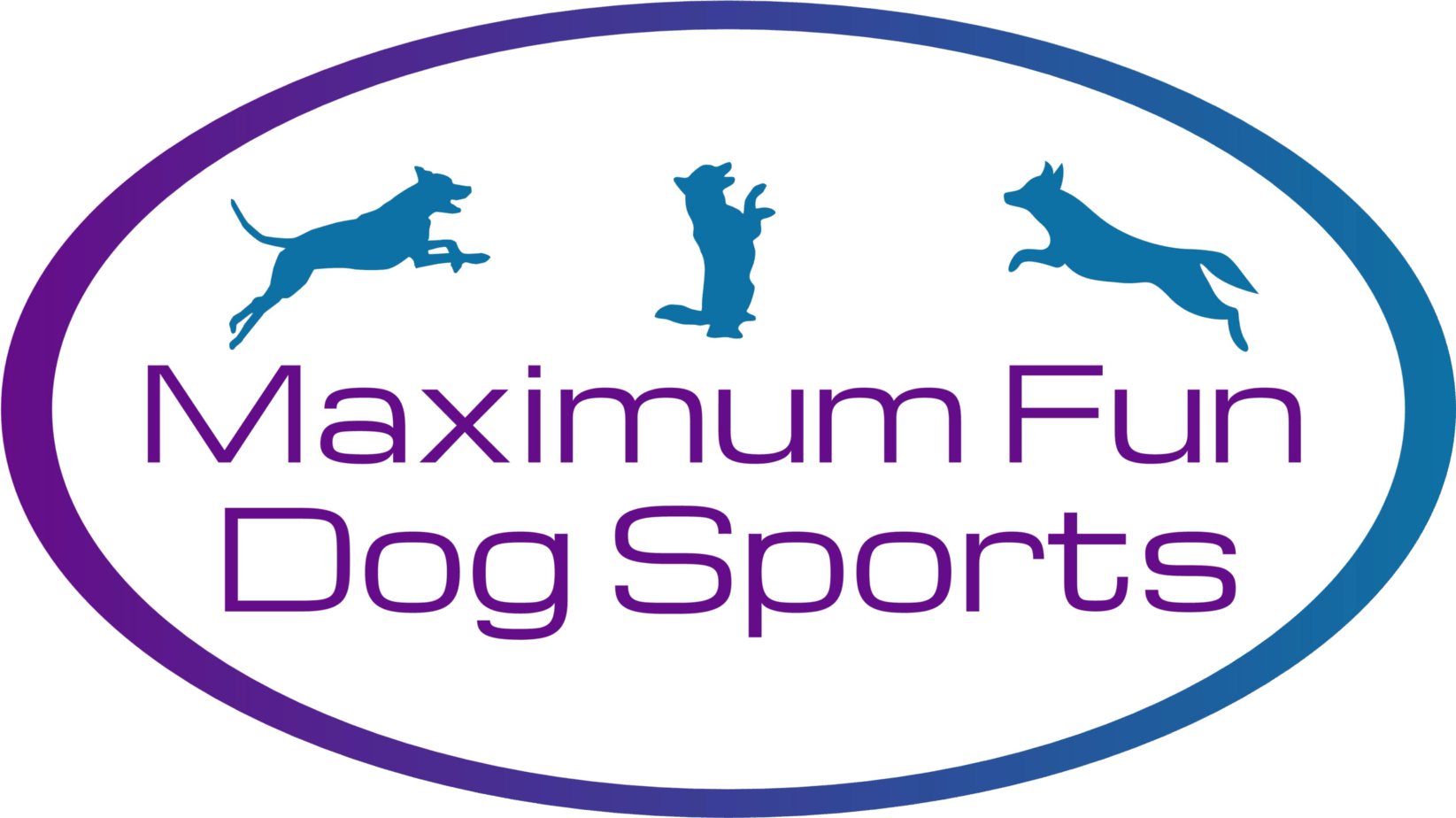
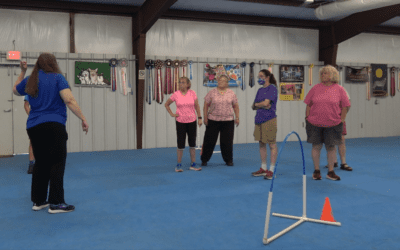
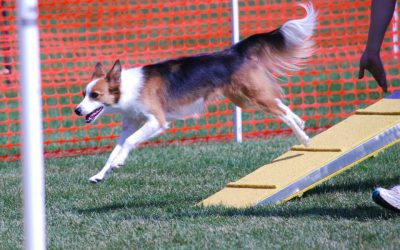
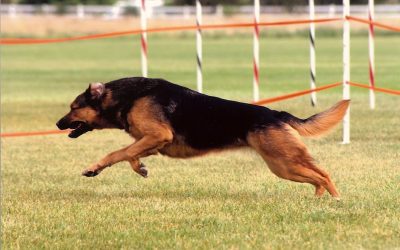
0 Comments